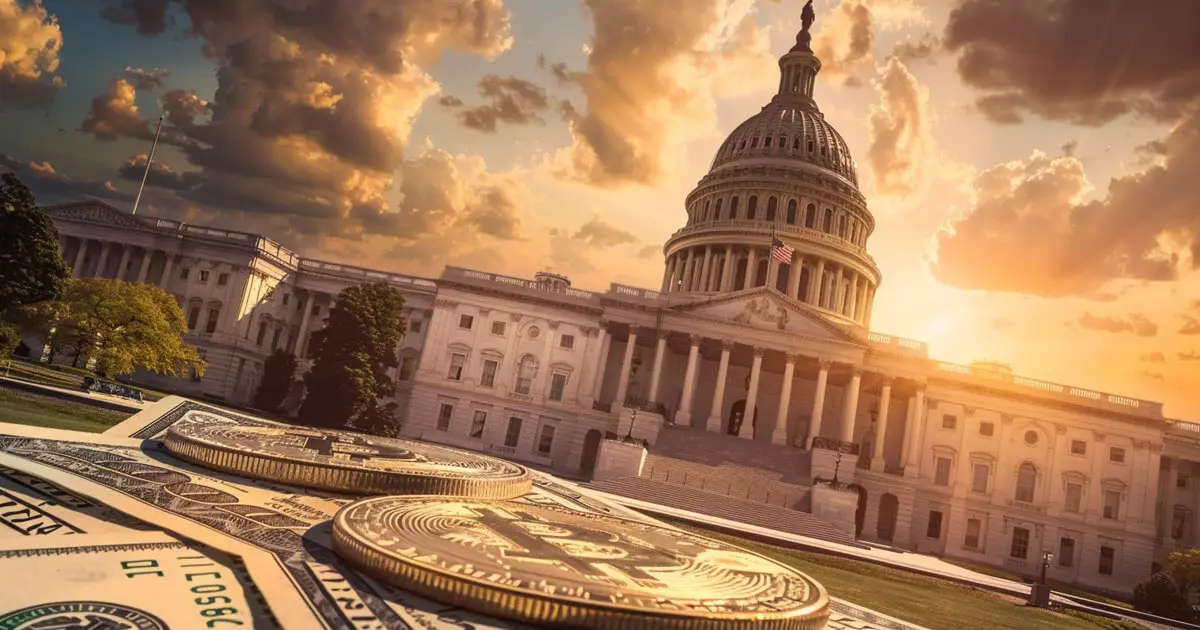The Department of Justice (DOJ) has recently faced pushback from Senators Cynthia Lummis and Ron Wyden regarding its attempt to broaden the definition of a money-transmitting business. The senators are concerned that the DOJ’s expansive interpretation could potentially criminalize non-custodial crypto asset software services, a move that goes against the intentions of Congress and the guidance provided by the Department of the Treasury’s Financial Crimes Enforcement Network (FinCEN).
Controversy Surrounding Crypto Mixer Classification
In a notable case involving the developer of Tornado Cash, Roman Storm, the DOJ argued that a crypto mixer operated as an unlicensed money transmitter. The DOJ maintained that the act of controlling funds was not a prerequisite for such classification, claiming that the definition of ‘money transmitting’ encompassed “transferring funds on behalf of the public by any and all means.” However, Senators Lummis and Wyden assert that the DOJ’s interpretation deviates from the legislative intent behind the law, which stipulates that a company must have direct receipt and control of assets to be classified as a money-transmitting business.
In their letter to US Attorney General Merrick Garland, Senators Lummis and Wyden referenced the Bank Secrecy Act and various FinCEN regulations to bolster their argument against the DOJ’s position. They emphasized that established legal precedents and Congressional intent support their belief that the definition of a money-transmitting business should be narrowly construed to require actual control and handling of assets, rather than mere facilitation of transactions.
The ongoing debate over the expansion of the money-transmitting business definition has significant implications for the crypto industry. If the DOJ’s interpretation is upheld, it could potentially create a chilling effect on innovation within the sector, as developers and service providers may face heightened regulatory scrutiny and legal risks. On the other hand, a more restrictive definition that aligns with Congressional intent could provide greater clarity and certainty for market participants, allowing for continued growth and development in the rapidly evolving crypto landscape.
The disagreement between lawmakers and the Department of Justice underscores the broader regulatory challenges facing the crypto industry. As policymakers grapple with how to appropriately regulate and oversee digital assets, finding a balance between fostering innovation and ensuring compliance with existing laws will be key to promoting a thriving and responsible crypto ecosystem.


Leave a Reply